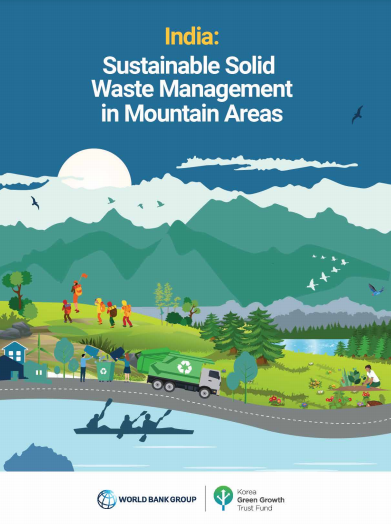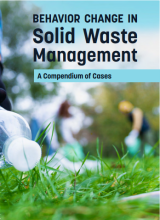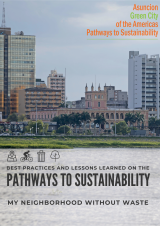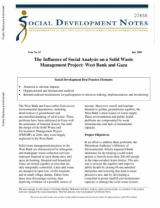
-
Country/City
India
-
Topics
Management, Recycling, Disposal, Technology
-
Published On
January 1, 2021
-
Author(s)
The World Bank, Rahat Jabeen, Pyush Dogra, Drona Raj Ghimire, Naysa Ahuja
India is the second largest country in the world in terms of population and is rapidly catching up to the People’s Republic of China. A rapidly increasing population, coupled with sustained economic growth and urbanization, has led to an uncontrolled increase in waste generation in the country. Even within cities, there is a variation in service provision with wealthier neighborhoods receiving more frequent municipal solid waste (MSW) collection services and street sweeping compared to poorer areas and slums that receive no services. The Government of India has created a number of laws and rules related to solid waste management (SWM) since the early 2000s, but the implementation of solid waste rules - in mountainous regions as well as the plains - remains a huge challenge. Chapter one gives introduction. Chapter two discusses the current landscape of the SWM sector in India. In chapter three, the report investigates the current situation regarding SWM in the mountain areas of India. Chapter four looks at the complexity of managing solid waste in mountain areas as well as the various challenges and opportunities that arise. Chapter five presents a framework or foundation on which solutions can be steadily built and presents recommendations and related implementable actions along a phased approach. In conclusion, chapter six briefly summarizes the role of the World Bank in the SWM sector and how it can provide support to clients to improve SWM services and practices in mountain areas in the South Asia region and elsewhere.



